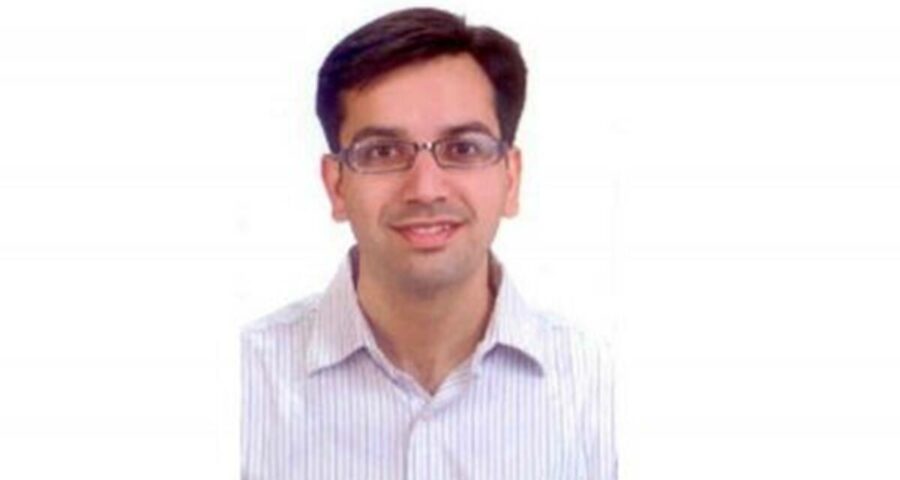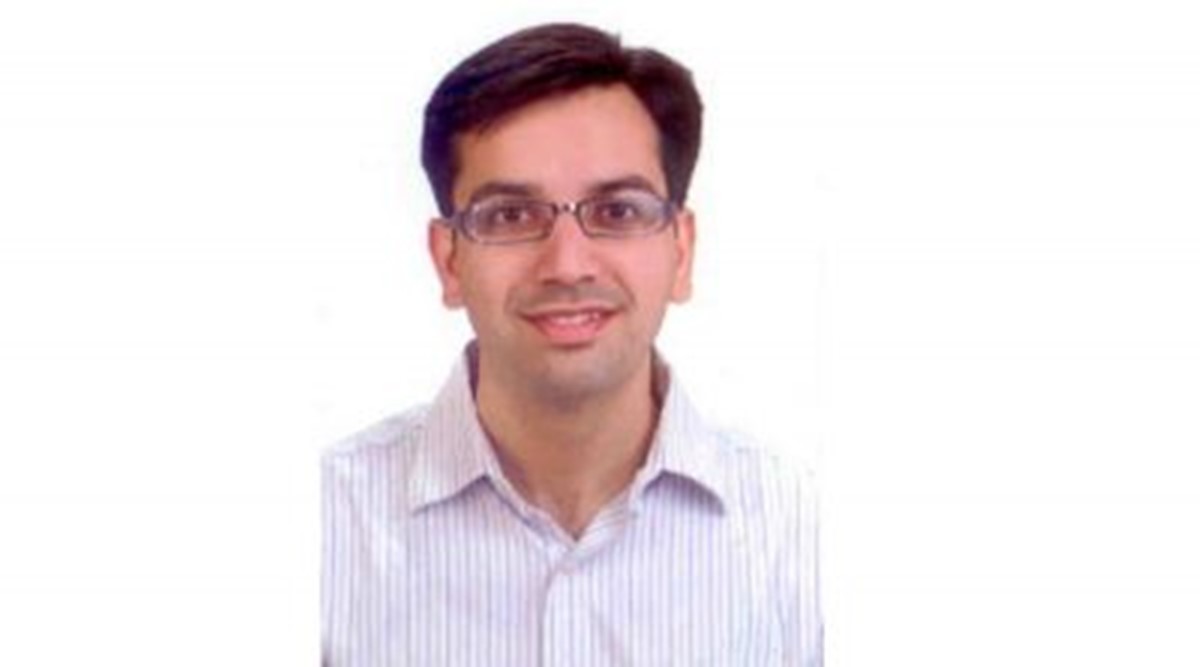A bibliometric analysis of research on UHC conducted from January 1990 to September 2019, which was recently published in JMIR Public Health and Surveillance, identified authors, journals and countries where maximum volume of high-quality research on UHC is published.
Dr Shankar Prinja, Additional Professor of Health Economics at PGI’s Department of Community Medicine and School of Public Health, has featured in the global list of top 20 researchers working in the field of Universal Health Coverage (UHC).
A bibliometric analysis of research on UHC conducted from January 1990 to September 2019, which was recently published in JMIR Public Health and Surveillance, identified authors, journals and countries where maximum volume of high-quality research on UHC is published.
Dr Prinja is the only researcher from India who features in this list of top 20 researchers based on the volume of research, the impact of research and the quality of journals in which it is published. Other researchers in this list belong to Harvard University, London School of Hygiene and Tropical Medicine, Imperial College London, National University of Singapore and Thailand’s Ministry of Health, among others. Last year, Dr Prinja was awarded the prestigious BC Shrivastav Foundation Award for his research on universal health coverage by the Indian Council of Medical Research.
UHC is an important policy objective for the health system globally. In India, the National Health Policy focuses on achieving UHC. Overall, India ranks at number 5 in the list of countries that have published research in the field of universal health coverage, following the United States, United Kingdom, Canada and Switzerland.
In its introduction, the study mentions that UHC was one of the ambitious, health-related Sustainable Development Goals (SDGs) set by the United Nations (UN) General Assembly in 2015 and is one of the top priorities of their 2030 agenda. UHC represents the hope for better health for the world’s poorest and the World Health Organization (WHO) has defined UHC as a policy for ‘ensuring that all people can use the promotive, preventive, curative, rehabilitative, and palliative health services they need, of sufficient quality to be effective, while also ensuring that the use of these services does not expose the user to financial hardship’.
At least half of the world’s population does not have access to full coverage for a package of essential health services. Sharing various experiences of achieving UHC, in terms of challenges, pitfalls, and future prospects can help policy and decision-makers benefit from global good practices and reduce the likelihood of committing errors and wasting resources better allocated elsewhere. As such, scholarly articles and technical reports are of paramount importance in shedding light on the determinants that make UHC achievement.
Source: Read Full Article


